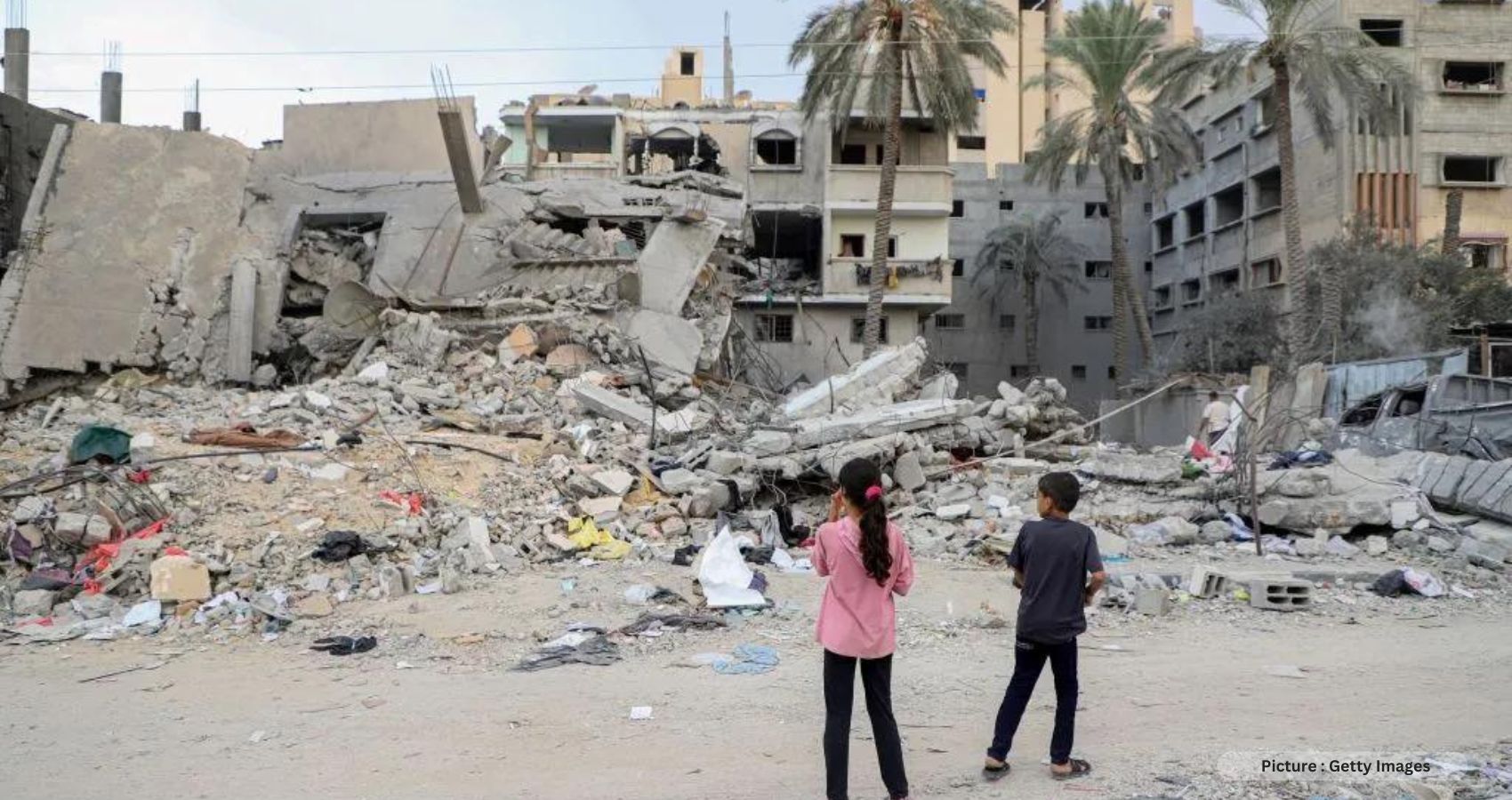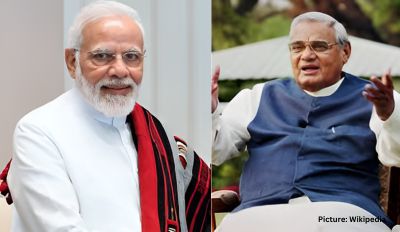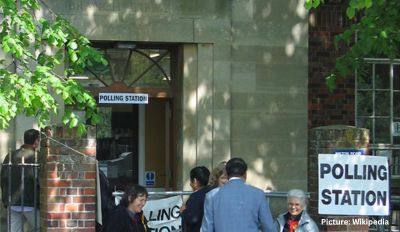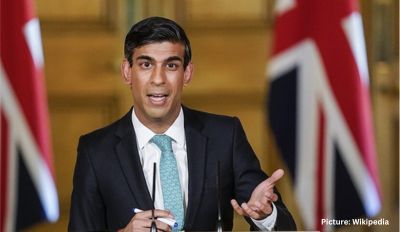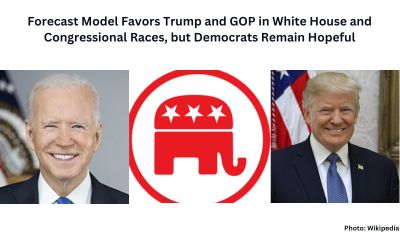In the ongoing conflict in Gaza, which has seen more than 11,000 lives lost since October 7, tensions have escalated, prompting international concern and calls for action. Following a deadly Hamas attack, Israel declared war, leading to a military offensive in the densely-populated region home to over 2 million people. Despite a four-hour daily humanitarian pause in northern Gaza, brokered by U.S. President Biden, concerns persist over the well-being of civilians caught in the crossfire.
The severity of the situation has prompted significant developments, including the resignation of Craig Mokhiber, a United Nations director, citing the organization’s “failure” to address what he deemed a “textbook case of genocide.” A coalition of U.N. experts echoed this sentiment, expressing concern about the Palestinians facing a “grave risk of genocide.” Furthermore, three Palestinian human rights organizations have taken legal action by filing a lawsuit with the International Criminal Court (ICC), seeking arrest warrants against Israeli leaders, including Prime Minister Benyamin Netanyahu, for alleged genocide.
Amidst these developments, scholars have weighed in on the classification of the conflict as genocide, considering legal, social scientific, and conventional perspectives. The legal definition, as per the U.N. Convention on the Prevention and Punishment of the Crime of Genocide, requires proving specific intent to destroy a national, ethnic, racial, or religious group. However, experts acknowledge the difficulty in establishing genocidal intent definitively.
Ernesto Verdeja, a professor at the University of Notre Dame, notes the narrow focus of the legal definition, emphasizing the exclusion of victims based on socioeconomic status or political identity. Alexander Hinton, UNESCO Chair on genocide prevention at Rutgers University, emphasizes a broader, colloquial definition centered on large-scale destruction and acts against a population.
Raz Segal, the program director of genocide studies at Stockton University, categorically labels the current situation as a “textbook case of genocide.” He points to Israeli forces’ alleged genocidal acts, including killing, causing bodily harm, and implementing measures to destroy the group. Segal cites explicit statements of intent from Israeli leaders, such as President Isaac Herzog’s remarks, suggesting a broad characterization of all Palestinians as “an enemy population.”
Scholars differ in their assessments. David Simon of Yale University emphasizes Israel’s explicit goal of targeting Hamas, not a religious, ethnic, or racial group, raising doubts about meeting the legal definition of genocide. Ben Kiernan, director of the Cambodian Genocide Program at Yale University, concurs, stating that Israel’s actions, while indiscriminate, do not meet the legal threshold for genocide.
Victoria Sanford, a City University of New York professor, draws parallels between the Gaza situation and the Guatemalan genocide, highlighting similarities in the targeting of Mayans and Palestinians. Sanford, along with other scholars, supports legal action, urging the ICC to address the “Israeli intention to commit genocide visibly materializing on the ground.”
While scholars debate the classification of the conflict, some argue that such debates are a “bad use of focus.” Verdeja suggests that proving genocide takes time and does not prevent further loss of life. Hinton echoes this sentiment, cautioning against rigidly focusing on defining a moment as genocide, emphasizing the need for broader perspectives.
The significance of labeling the conflict as genocide is a point of contention among scholars. Segal underscores the importance of truth-telling, drawing parallels with past instances where reluctance to use the term hindered intervention. He argues for naming the situation truthfully to facilitate a reckoning with the events that unfolded and to guide future actions.
In the complex landscape of the Gaza conflict, the discourse on genocide highlights the challenges of applying legal definitions to evolving situations while emphasizing the broader impact on affected populations. As international attention remains focused on the region, the nuanced perspectives of scholars contribute to a comprehensive understanding of the ongoing crisis.

